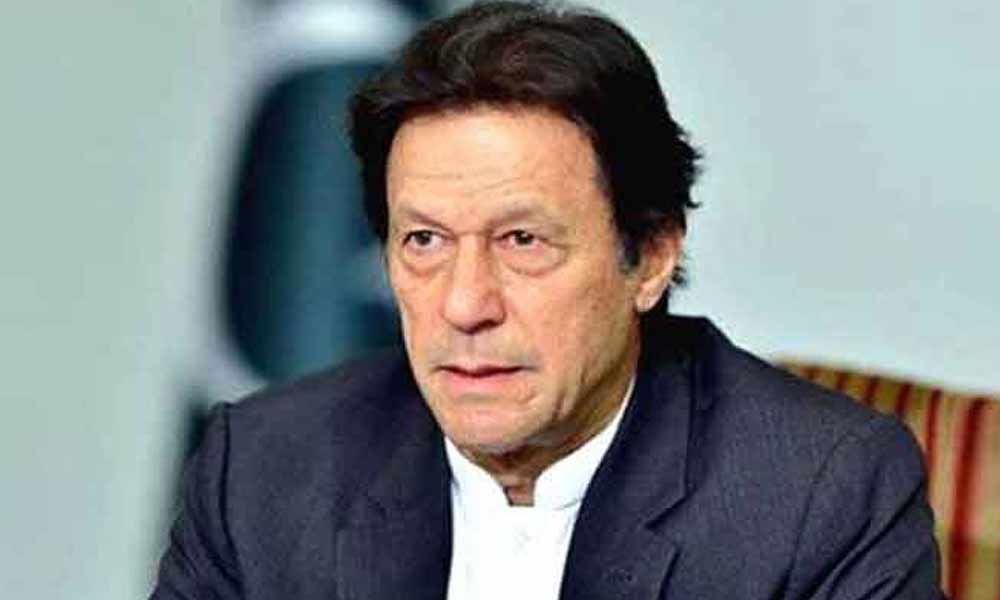Live
- Hungarian PM invites Netanyahu for visit, calls ICC warrants 'brazen and cynical'
- Lt Gen Suchindra Kumar reviews indigenously developed ‘Asmi’ machine pistols
- Who is AP's Next CM: Chandrababu Naidu Makes Key Comments in Assembly
- Engineering goods exports shoot past $10 bn in Oct, US & EU top markets
- India’s foreign exchange reserves stand at $657.89 billion
- ‘Thandel’ kickstarts musical journey with ‘Bujji Thalli;’ win hearts
- Kerala Actress Withdraws Sexual Abuse Allegations Against Industry Figures, Cites Government Negligence
- Karnataka's Rural Local Bodies Receive First Installment Of XV-FC Grants For FY 2024-25
- Poorvaj’s first look from ‘Killer’ unveiled
- Mohan Babu’s look as Mahadeva Shastri from ‘Kannappa’ grabs attention









